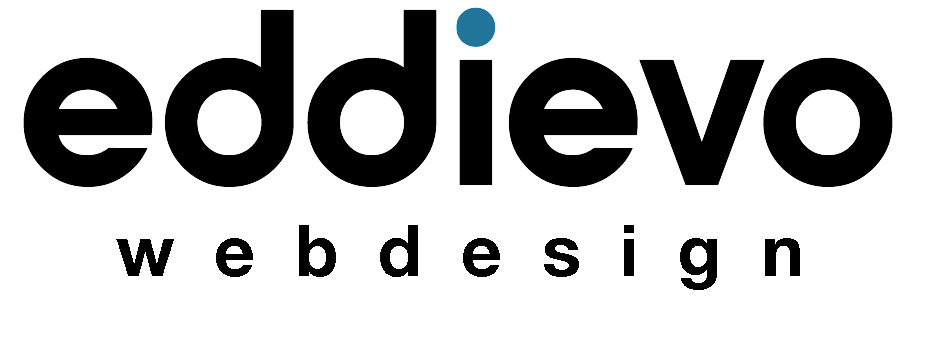Trends in Content Management Systems
The world of content management systems (CMS) is constantly evolving. These platforms, which empower users to create, publish, and manage website content, are the backbone of countless websites across the globe. But with so many options available and new features emerging all the time, staying on top of the latest CMS trends can feel overwhelming. Fear not, content creators! This post will act as your compass, guiding you through the exciting trends shaping the CMS landscape.
Content Management Systems (CMS) have evolved significantly in recent years, adapting to the changing needs of businesses and content creators alike. These platforms play a pivotal role in managing, organizing, and delivering digital content efficiently. As technology advances and user expectations shift, several key trends have emerged in the realm of Content Management Systems that are shaping the future of digital content management.

Headless CMS Architecture
Headless CMS has gained traction as a modern approach to content management. Unlike traditional CMS platforms that combine content management and presentation, headless CMS separates the backend content repository (where content is stored) from the frontend presentation layer (where content is displayed). This decoupling allows for greater flexibility in delivering content across various channels and devices, including websites, mobile apps, IoT devices, and more. Headless CMS empowers developers to use their preferred frontend frameworks and technologies while still leveraging robust content management capabilities.
1. The Headless Revolution: Flexibility and Freedom
Headless CMS solutions are separating content creation from presentation. This decoupled approach offers a plethora of benefits:
- Omnichannel Content Delivery: Headless CMS allows you to deliver content seamlessly across various platforms, websites, mobile apps, and even smart devices.
- API-Driven Integration: Headless CMS integrates with other applications and services through APIs (Application Programming Interfaces), providing greater flexibility and customization.
- Future-Proof Technology: A headless CMS allows you to adapt your content presentation layer to future technologies without needing to overhaul your entire CMS.
2. Artificial Intelligence (AI): Your Content Creation Partner
AI is making its way into the CMS world, transforming the way we create and manage content. Here’s a glimpse into the future:
- Smart Content Assistants: AI-powered assistants can suggest content ideas, identify plagiarism, and even optimize content for search engines.
- Content Personalization: AI can analyze user data and personalize content experiences, delivering information tailored to individual user preferences.
- Automated Content Workflows: AI can automate repetitive tasks such as image tagging, content scheduling, and social media promotion.
3. Voice Content and Search: Optimizing for the Spoken Word
The rise of voice assistants and voice search is changing the content consumption landscape. Here’s how CMS can adapt:
- Structured Content Management: Structuring content with relevant schema markup makes it easier for search engines and voice assistants to understand and deliver relevant information.
- Conversational Content Creation: Optimizing content for voice search requires a focus on natural language and addressing questions users might ask through voice assistants.
- Voice-Enabled CMS Interfaces: Some CMS platforms are exploring voice-enabled interfaces, allowing users to create and manage content with voice commands.
4. Security Concerns: Protecting Your Content
With the ever-growing threat of cyberattacks, security is paramount for any CMS user. Here are some key considerations:
- Regular Updates: Keeping your CMS platform and plugins up-to-date with the latest security patches is crucial.
- User Access Control: Implement robust user access control measures to restrict access to sensitive content and functionalities.
- Data Backups: Regularly back up your content to ensure you can recover information in case of a security breach.
5. The Rise of Hybrid CMS: The Best of Both Worlds
Hybrid CMS solutions offer a blend of the flexibility of headless CMS with the user-friendly interface of traditional CMS platforms.
- Simplified Content Management: Hybrid CMS often provides a user-friendly interface that allows non-technical users to create and manage content.
- Headless Freedom: Hybrid CMS also offers headless functionalities, allowing for omnichannel content delivery and integration with other applications.
- A Scalable Solution: Hybrid CMS can cater to the needs of both small businesses and large enterprises, offering a scalable solution for growing content needs.
The Future of Content Management Systems
The CMS landscape is brimming with exciting possibilities. By staying informed about the latest trends and adopting innovative solutions, you can ensure your content management system empowers you to create, manage, and deliver exceptional content that resonates with your audience and fuels your online success.
What CMS trends are you most excited about? Share your thoughts in the comments below!

